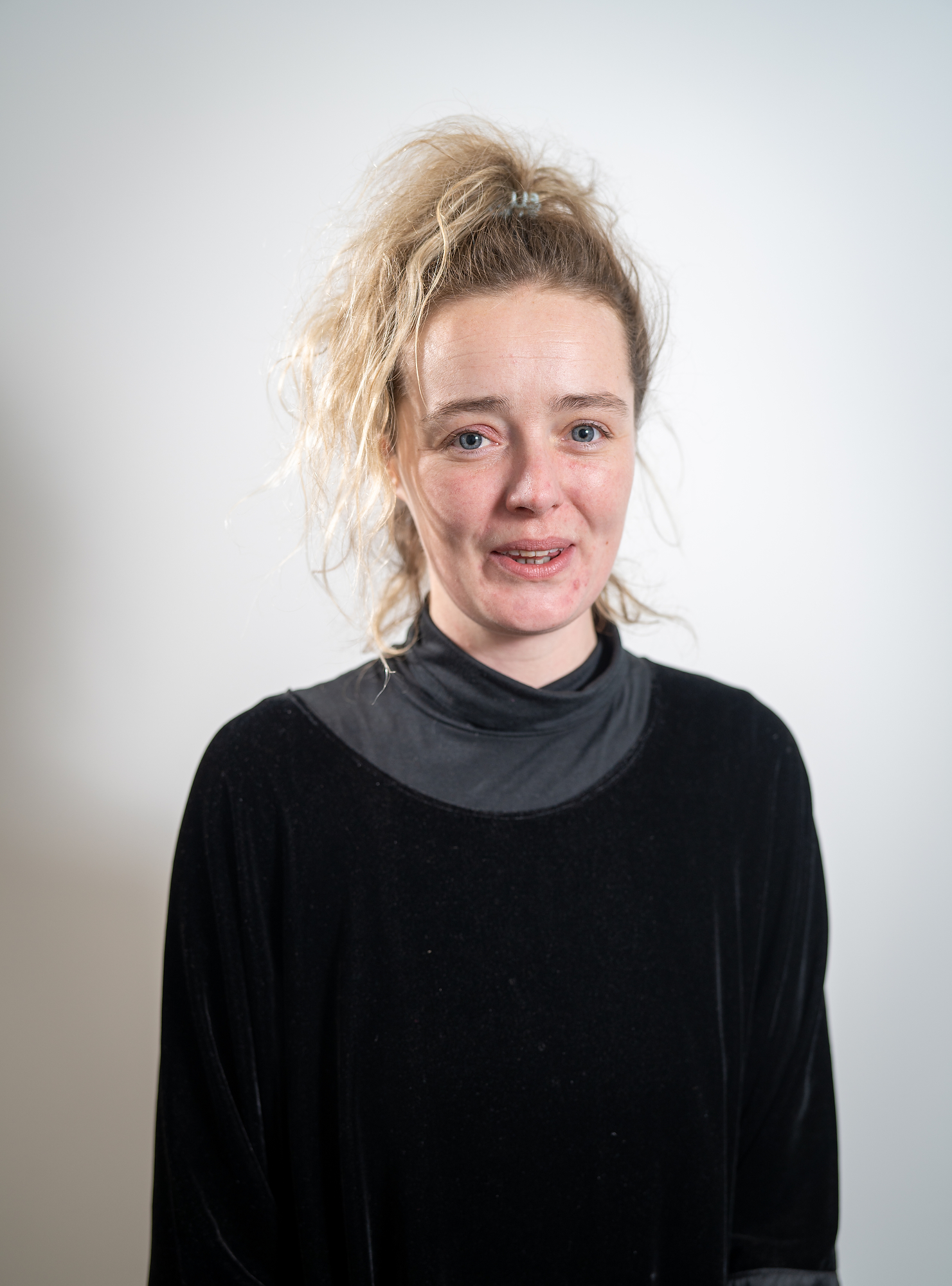Marie Franklin
Host Organisation: The Howard League for Penal Reform

Marie began her Justice First Fellowship at the Howard League for Penal Reform in January 2020. Prior to starting the Justice First Fellowship she spent four years as a caseworker in the Howard League’s legal team specialising in the rights and entitlements of children and young people in prison.
Project
Marie’s project aims to achieve better justice for young people who were automatically given the most severe prison sentence available when they were children. The aim is to improve understanding of the sentence to ensure young people are nurtured to develop healthy identities and get out of prison safely as soon as possible
The UK is 1 of only 2 out of forty-eight European states which retains forms of life imprisonment for children. One-hundred and seventeen children in England and Wales received mandatory life sentences between 2008 and 2015.
When parliament legislated in 1908 to abolish the death penalty for children the Lord Advocate at the time was clear: the rationale was to shut the prison door and open the door of hope. As Lady Hale confirmed in the Smith judgment in 2006, the most important aim of the mandatory life sentence for children should be to promote the process of maturation, the development of a sense of responsibility, and the growth of a healthy adult personality and identity.
In practice the rarity of this sentence means that children are often disadvantaged by ignorance about how their sentence operates and its fundamental purpose. Many children have no idea they will have the opportunity to have their minimum term reviewed. Equally, they may be subject to a regime that offers no opportunity whatsoever to nurture a positive adult identity and sense of responsibility. Current practice means the consequences Lady Hale predicted of indefinite detention or of further offending are likely to result.
The project has two key objectives. Firstly, to work with children and young people serving mandatory life sentences to make sure they understand their sentence and can meaningfully participate in its progression. Secondly, to work with professionals supporting these young people to improve knowledge about how these sentences work and support professionals to contribute to the growth of a healthy adult personality for children subjected to it.
